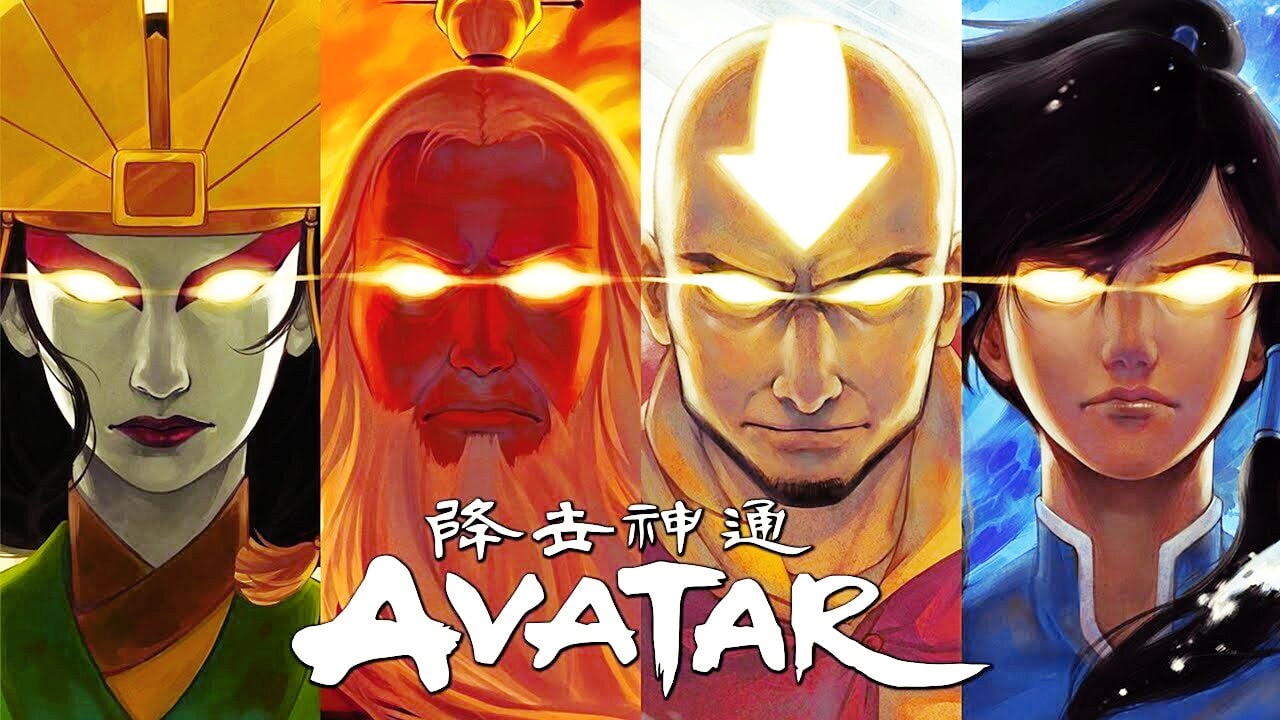IT has been a quarter of a century since the passing of the Father of the Nation, Mwalimu Julius Nyerere.
He remains a towering figure in Tanzania, Africa and globally due to his unwavering pursuit of justice, peace and development for Tanzanians, Africans and people in other parts of the world through his activism, speeches and the country’s involvement in several unions and groups.
He fought vigorously against colonialism and for African unity.
Mwalimu Nyerere, born on 13 April 1922, passed away on 14 October 1999. He was a Tanzanian anti-colonial activist, politician and political theorist.
He governed Tanganyika as Prime Minister from 1961 to 1962 and then as President from 1962 to 1964.
He later led Tanzania as President from 1964 to 1985. He was a founding member and chair of the Tanganyika African National Union (TANU) party and its successor, Chama Cha Mapinduzi (CCM) from 1954 to 1990.
Ideologically an African nationalist and African socialist, he promoted a political philosophy known as Ujamaa.
Across Africa, Nyerere gained widespread respect as an anti-colonialist and, while in power, he received praise for ensuring that, unlike many of its neighbours, Tanzania remained stable and unified in the decades following independence.
The Tanzanian Founding Father is held in deep respect within Tanzania, Africa and globally.
Nyerere’s political and ethical agenda for Tanzania was African Socialism, or Ujamaa in Kiswahili. The essential components of Ujamaa were freedom, unity, equality and respect for human dignity and human rights.
For Nyerere, equality and human dignity were important foundations for human rights.
As Bonny Ibhawoh wrote: “Nyerere frequently referred to the repression and injustices of colonial rule as derogations from basic human dignity and fundamental human rights.
Our struggle, he stated, will always be a struggle for human rights… Our position is based on the belief in the equality of human beings, in their rights and duties as citizens.”
In Accra, Ghana, on 6 March 1997, Nyerere spoke about African unity in the 21st century, emphasising that without unity, Africa has no future.
“For centuries, we had been oppressed and humiliated as Africans. We were hunted and enslaved as Africans and we were colonised as Africans. The humiliation of Africans became the glorification of others. So, we felt our Africanness.
We knew that we were one people and that we had one destiny regardless of the artificial boundaries which colonists had invented,” he said. Since Africans were humiliated as Africans, they had to be liberated as Africans.
He recalled that Ghana’s independence in 1957 was the first triumph in Africa’s struggle for freedom and dignity and by 1994, when apartheid was crushed and Nelson Mandela became President of South Africa, Africa’s long struggle for freedom was over.
ALSO READ: Revealed: Sokoine wanted to be a monk
Nyerere and other founding fathers had a genuine desire to move Africa to ward greater unity, rejecting the balkanisation of the continent into small, unviable states with artificial borders.
Before Tanganyika’s independence, Nyerere had advocated for East African countries to federate and achieve independence as a single political unit.
He publicly stated that he was willing to delay Tanganyika’s independence to allow the three mainland countries to achieve independence together as a federation.
“Once you multiply national anthems, national flags, national passports, seats at the United Nations and individuals entitled to a 21-gun salute not to mention a host of ministers, prime ministers and envoys you would have a whole army of powerful people with vested interests in keeping Africa balkanised.
That was what Nkrumah encountered in 1965,” he said. Reflecting on the 1965 Accra Summit, Nyerere recalled one head of state expressing relief at returning home still as a head of state.
Nyerere noted that while it was unrealistic to expect the summit to establish a union government for Africa, the real failure was not even discussing a mechanism for pursuing the goal of political unity.
He admitted that the first generation of African leaders did not pursue the objective of African unity with the vigour it deserved but argued that unity remains essential.
“Does the experience of the last three or four decades of Africa’s independence dispel the need for African unity?
Today, Africa has 54 independent states. If numbers were horses, Africa would be riding high.
Yet the reality is that ours is the poorest and weakest continent in the world. And our weakness is pathetic. Unity will not end our weakness, but until we unite, we cannot even begin to end that weakness.”
Nyerere urged the new generation of African leaders and peoples to work for unity, convinced that without it, Africa has no future.
“I reject the glorification of the nation-state that we inherited from colonialism. We are all Africans trying very hard to be Ghanaians or Tanzanians. Fortunately for Africa, we have not been completely successful.
The outside world hardly recognises our Ghanaian-ness or Tanzanian-ness. What the outside world recognises about us is our Africanness,” he said. Reflecting on Africa’s liberation movements, Nyerere recalled how Nkrumah of Ghana declared that Ghana’s independence was meaningless unless the whole of Africa was liberated from colonial rule.
Five years later, in 1963, 32 independent African states met in Addis Ababa, founding the Organisation of African Unity (OAU) and establishing the Liberation Committee, tasked with coordinating the liberation of Africa.
In 1964, at the OAU meeting in Cairo, the leaders declared their respect for the borders inherited from colonialism, a decision remembered as the Cairo Declaration.
By 1965, the OAU met in Accra, a summit remembered less than the founding summit or the Cairo Summit, partly because Nkrumah was removed from power soon after.
Nyerere described the Accra summit as a failure in the pursuit of African unity, a failure that still haunts Africa today.

Sign up for free AllAfrica Newsletters
Get the latest in African news delivered straight to your inbox
In comparing Africa’s dictators with European dictators like Hitler or Mussolini, Nyerere noted that while Europeans are not ashamed of each other’s dictators, Africans are often held collectively responsible for theirs. Nyerere observed that when travelling abroad, his identity as a former President of Tanzania was fleeting.
Instead, his African identity was what stuck with people.
Born in Butiama, Mara, in what was then the British colony of Tanganyika, Nyerere was the son of a Zanaki chief.
After completing his schooling, he studied at Makerere College in Uganda and later at Edinburgh University in Scotland. In 1952, he returned to Tanganyika, married and worked as a schoolteacher.
In 1954, he helped form TANU, through which he campaigned for Tanganyikan independence from Britain.
Influenced by Mahatma Gandhi’s non-violent methods, Nyerere advocated peaceful protest to achieve independence.
Elected to the Legislative Council in the 1958/59 elections, Nyerere led TANU to victory in the 1960 general election, becoming Prime Minister.
Negotiations with British authorities led to Tanganyikan independence in 1961. In 1962, Tanganyika became a Republic, with Nyerere as its first President.
His administration pursued decolonisation, Africanisation of the civil service and promoted unity among the country’s diverse populations.
While he encouraged a one-party state, he also pursued the Pan-Africanist formation of an East African Federation with Uganda and Kenya.
A 1963 mutiny within the army was suppressed with British assistance.







